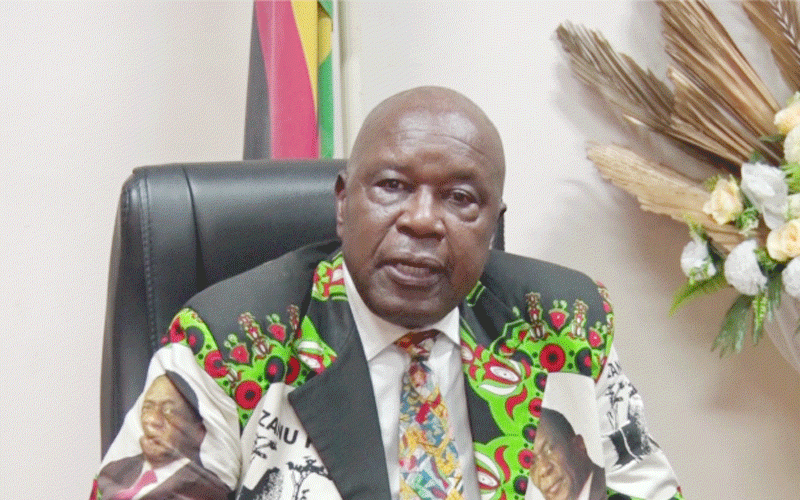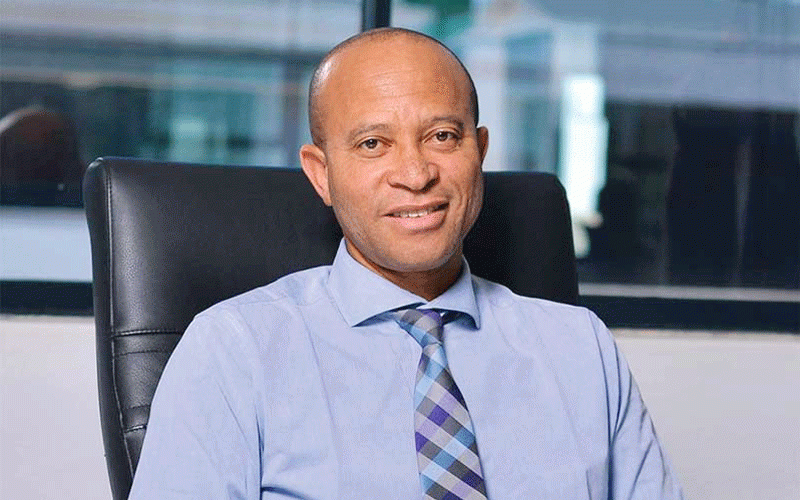ASSET managers in Zimbabwe scaled back stock market investments in the second quarter ended June 30, 2024, seeking higher returns in alternative markets, a new report revealed this week.
The sector’s exposure to equities declined by 14,62 percentage points, from 51,83% to 37,21%, marking a notable shift in investment strategy, according to the Securities and Exchange Commission of Zimbabwe (SecZim)’s second quarter report.
However, the sector’s exposure to property rose to 45,91% from 36,58%.
Money market investments marginally declined from 4,81% to 4,71%, while investment in unquoted equities increased slightly to 3,91% from 3,36% recorded as at March 31, 2024.
Exposure to bonds stood at 5,38% signalling increasing appetite in government debt/Treasury Bills. Cash or call deposits and other investments all accounted for the remaining 2,88% investment exposures for the asset management sector.
“The shift in asset allocation is largely attributed to the allure of cluster housing developments,” Morgan & Co senior analyst Tafara Mtutu told businessdigest.
“The densification of major cities in Zimbabwe, especially Harare, has been as a result of asset managers opting for rental income which has been more stable than equities returns.
“In addition, these rentals are typically in USD (United States dollars), and the underlying asset has a better value preservation ability than equities.”
Total funds under management (FUM) stood at ZWG46,5 billion (US$3,3 billion) as at June 30, 2024, representing a 25,17% increase from the figure recorded in the previous quarter. The total FUM included USD denominated FUM of US$1,61 billion.
The industry average FUM for the period under review stood at ZWG1,5 billion (US$115,8 million).
SecZim also bemoaned the high operating costs for asset managers which outpaced growth in revenue in the period under review with serious implications on their going concern status.
The concern comes after securities investment managers recorded a 1 311% jump in operating costs to management fees which the capital markets regulator rated as critical.





